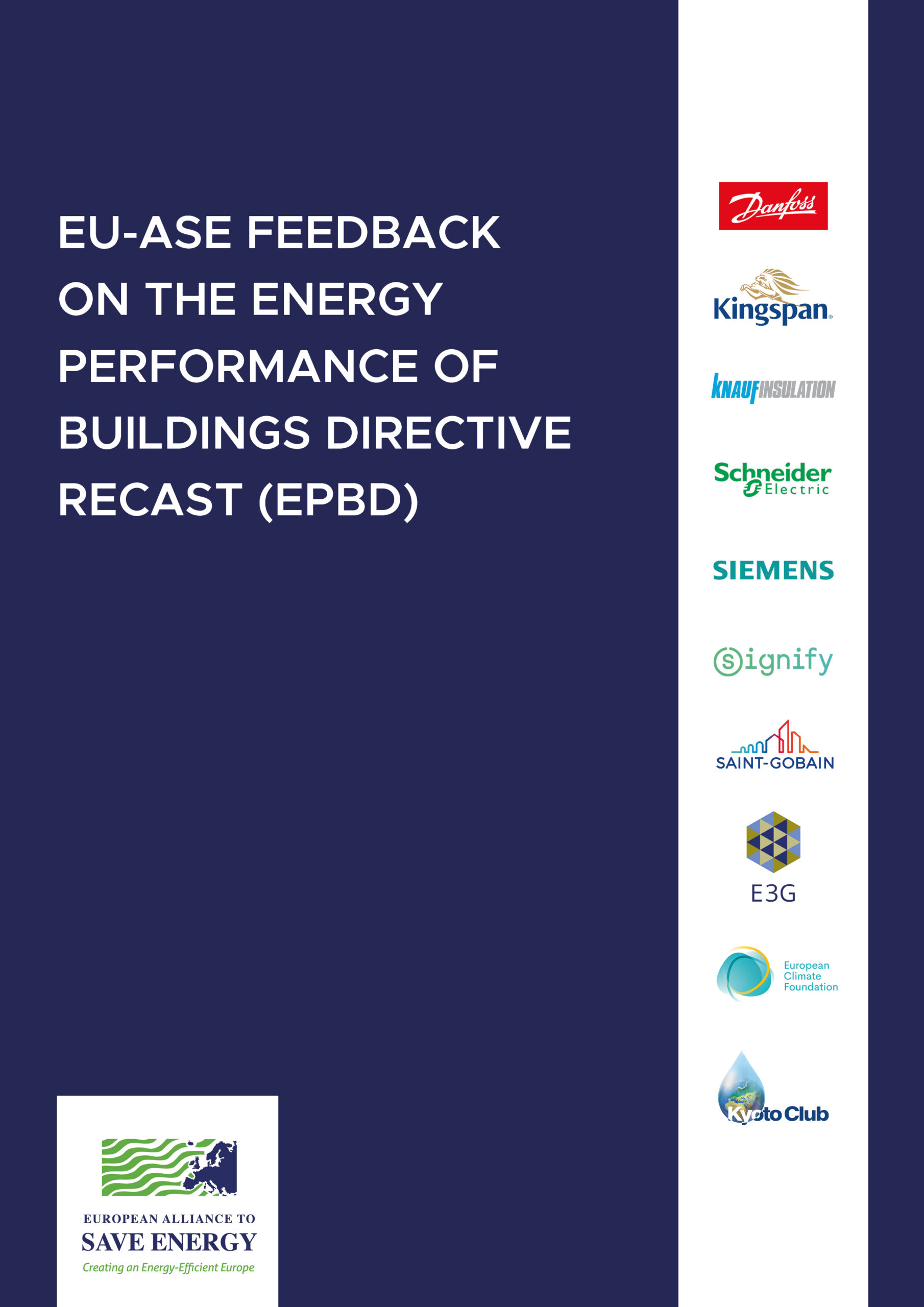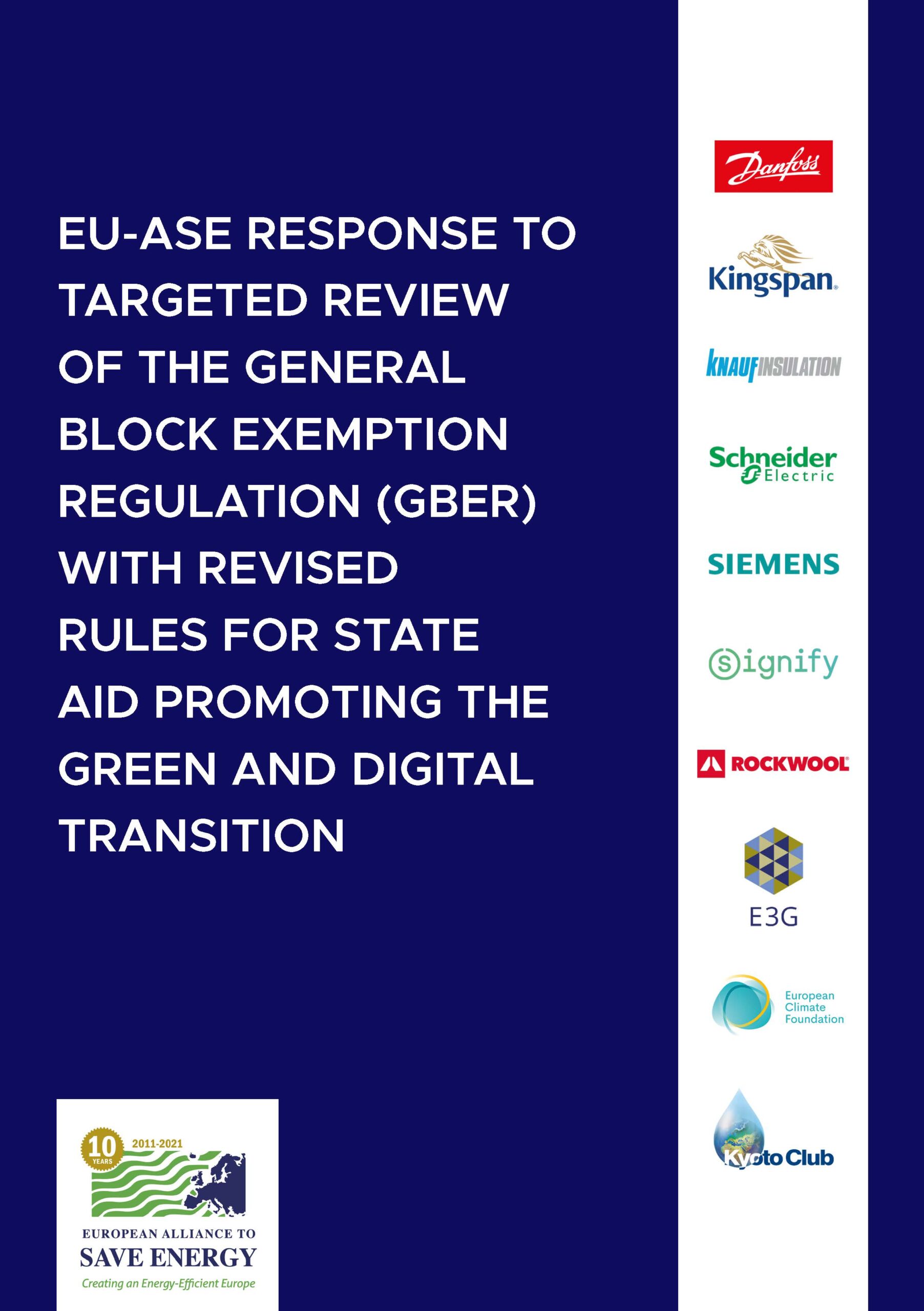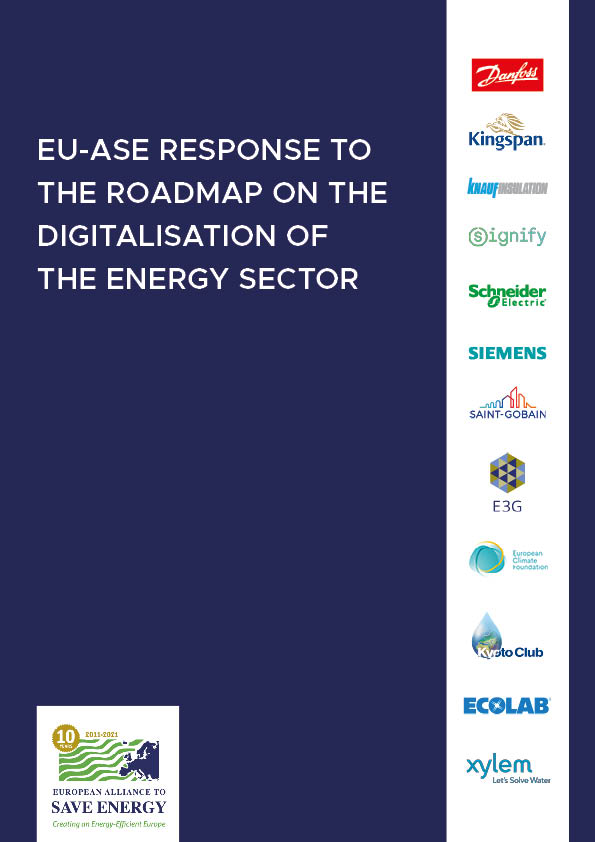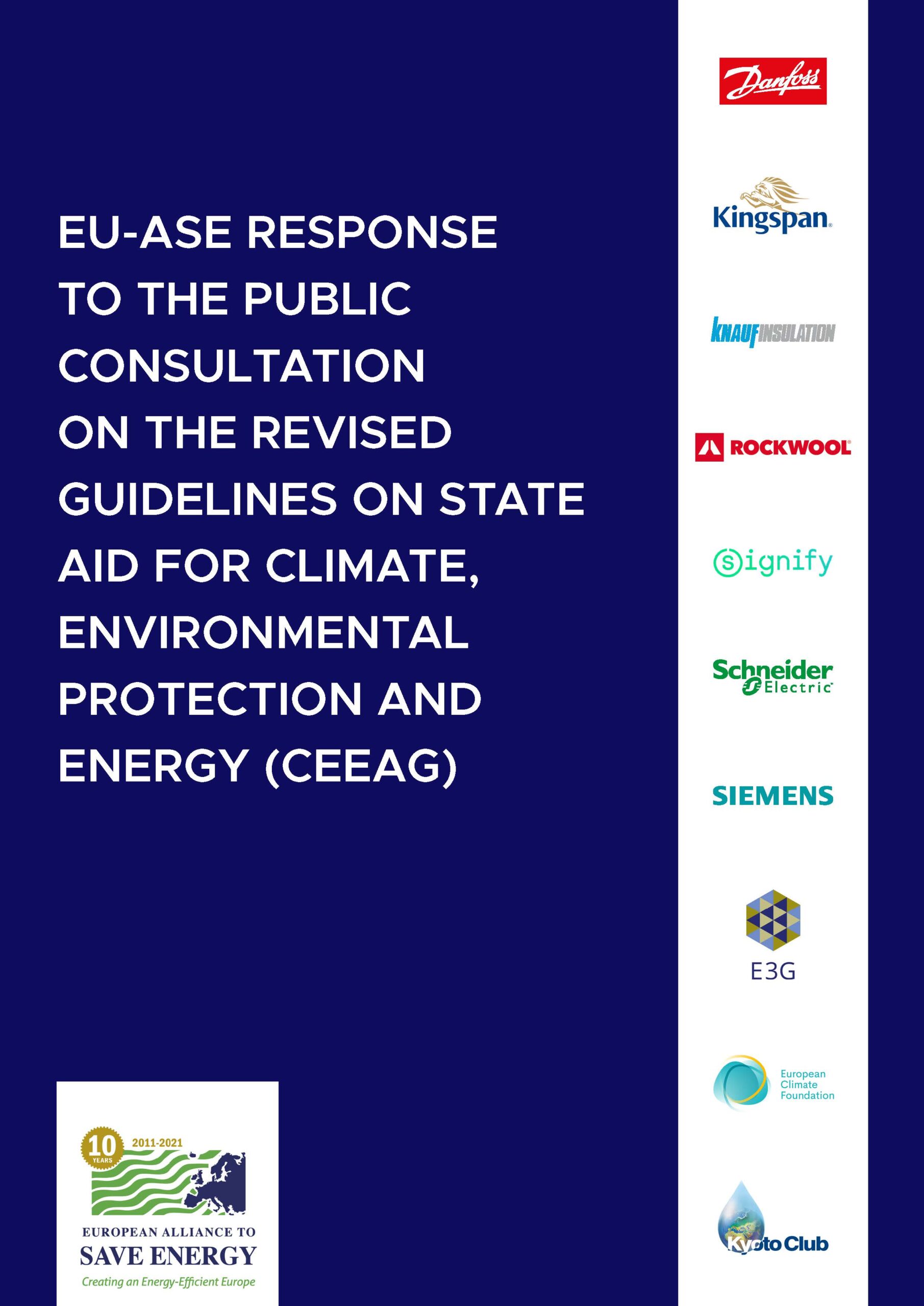EU-ASE Feedback to the Public Consultation on the Revision of the Industrial Emissions Directive
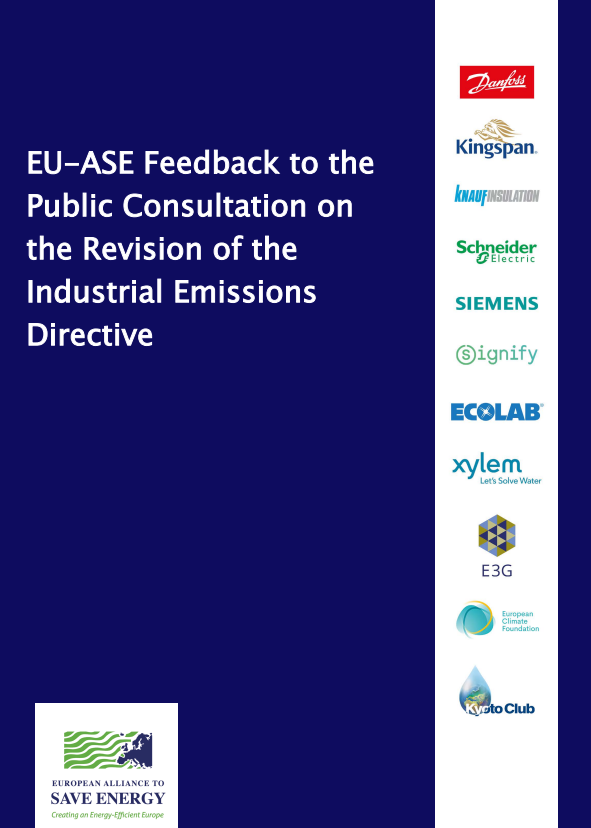
The European Alliance to Save Energy (EU-ASE) welcomes the Commission’s proposal to revise the Industrial Emissions Directive (IED) and supports the high level of ambition in tackling emissions from large industrial installations as well as the stronger emphasis on energy and resources efficiency, including water.
While the directive marks a very positive development, there is still room for improvement notably on the application of the Energy Efficiency First principle, the scope, the granting of permits and the crucial role of digital technologies. You can see all feedback on the Commission’s portal.
In a fast-changing political and economic environment, 2025 was a year of continued efforts to strengthen security, stability, and competitiveness for European businesses.
Throughout the year, our work demonstrated that energy efficiency is not only essential to achieving climate goals, but also a key driver of innovation, energy independence and sustainable long-term growth across Europe.
Strong engagement with policymakers, combined with the successful organisation of the 4th European Energy Efficiency Day, highlighted the importance of collaboration and dialogue in advancing shared objectives. Partnerships across sectors and institutions remained central to delivering impact and shaping effective energy policies.
Looking ahead to 2026, we will intensify our efforts to secure the regulatory certainty that can accelerate the energy transition, while providing businesses with the investment confidence they need and strengthening Europe’s competitiveness.
Read the full Activity Report here.


